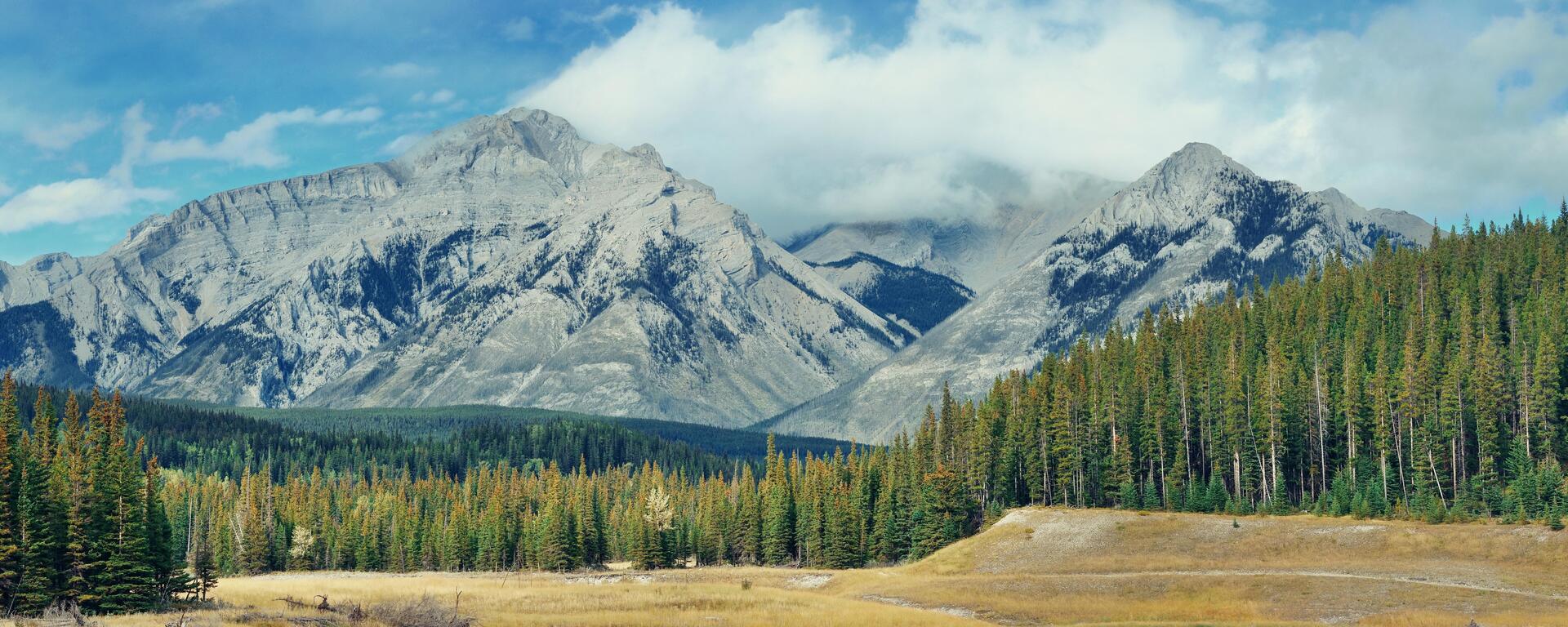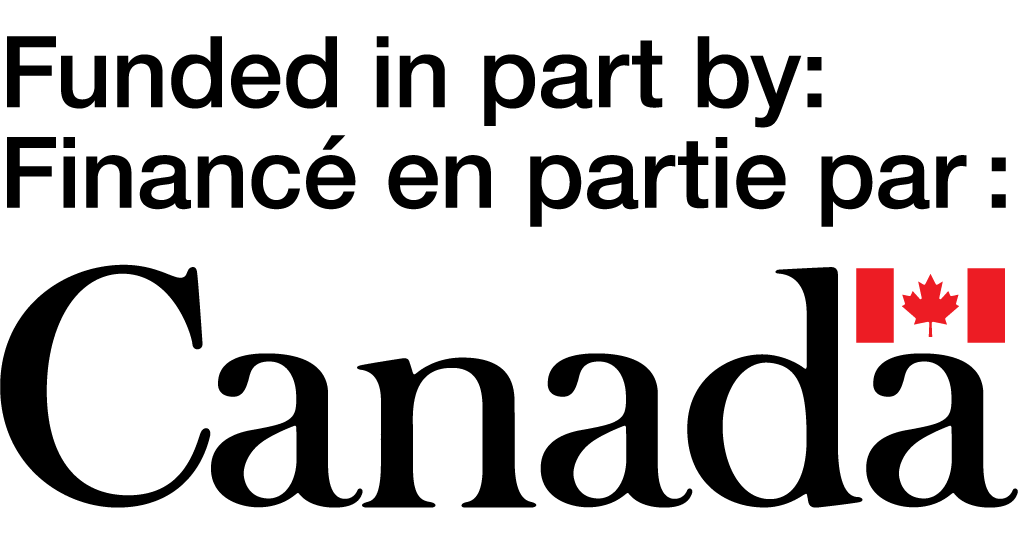In 2022-2023, the university funded 10 innovative, equity-centred collaborative projects between UCalgary faculty, community organizations and UCalgary students that are advancing climate action and resilience.
We are excited to celebrate these amazing projects that Albertans can participate in and build from.
Research Projects
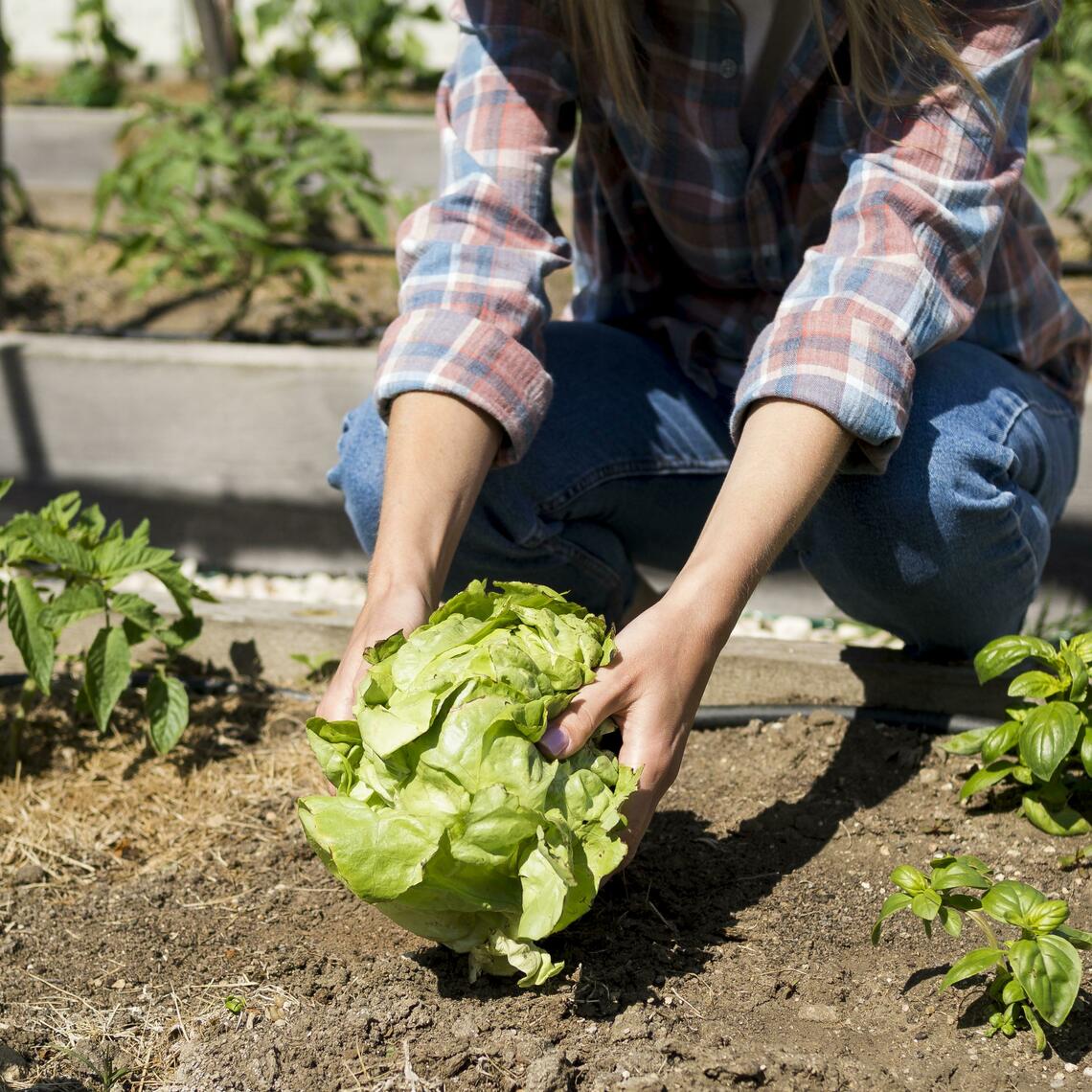
Storying the Soil: Actions and Voices from Global Indigenous Perspectives
The project aims to raise awareness about climate-change initiatives by engaging racialized refugee and immigrant youth and community members as changemakers to increase awareness of the vital role agriculture and the soil play in the carbon cycle of the planet. At our community urban farm called the Land of Dreams, we run workshops and educational programs based on our agroecological experiments. We will host storytelling forums to highlight both local and global Indigenous wisdom on building reciprocal relationships with the land. Many refugee and immigrant participants in this project are considered Indigenous in their homelands and have intergenerational wisdom and teachings to offer in working with the land. Through our project, we will mobilize global Indigenous wisdom toward climate actions that include fixing carbon in the soil and supporting ecosystem functioning such as water cycling and quality regulation, nutrient cycling, and biodiversity.
- Dr. Miwa Takeuchi, PhD, associate professor in Learning Sciences at the Werklund School of Education
- Rod Olson, project manager at Calgary Catholic Immigration Society for the Land of Dreams
- Dr. Tatenda Mambo, PhD, a postdoctoral scholar in the School of Architecture, Planning and Landscape and an instructor in the Sustainability Studies Program
- Dr. Mathew Swallow, PhD, an associate professor in Environmental Science at Mount Royal University.
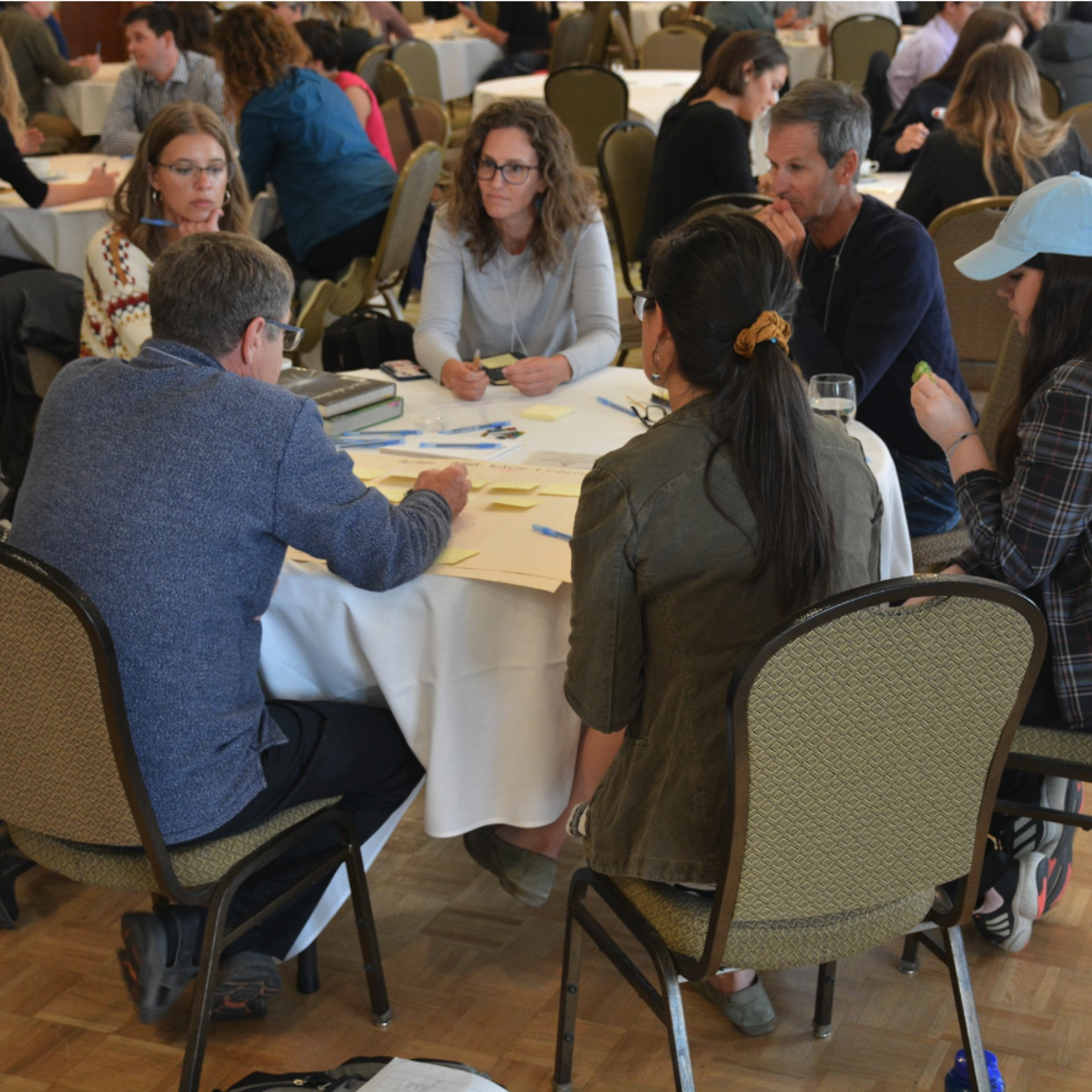
Accelerating climate action in the Bow valley
Accelerating Climate Action in the Bow Valley seeks to help the Bow Valley community accelerate its work to reduce greenhouse gas emissions. Led by a collective impact approach, action groups made up of community leaders and businesses influencers, not-for-profits, community, and municipal governments will create new, or enhance existing, community-based climate initiatives in the Bow Valley — from Lake Louise to Mînî Thnî. Students will join these action groups to provide research support that will give them the capacity to implement projects that will reduce greenhouse gas emissions in their respective industries.
- Andrew Cotterell, communications and engagement strategist with the Biosphere Institute of the Bow Valley(BIBV)
- Gareth Thompson, executive director, BIBV
- Dr. Irene Herremans, PhD, Professor Emerita, Haskayne School of Business, UCalgary

The CA3: Climate Action and Advocacy on the Airwaves
This is a two-year project that aims to create a climate action podcast and radio series. The project brings together students and researchers with community members who are engaged in climate action initiatives in southern Alberta. The project brings together multiple partners including the Faculty of Social Work, CJSW 90.9 FM radio, Transforming the Field Education Landscape (TFEL) partnership, and the Social Work Field Education Program. The goal of this project is to increase awareness and promote public participation, and access to information on climate action. The project will create 10 podcast episodes.
- Dr. Julie Drolet, PhD, professor in the Faculty of Social Work, UCalgary
- Dr. Saleema Salima, postdoctoral associate in the Faculty of Social Work, UCalgary
- Kamal Khatiwada, training and mentorship co-ordinator with TFEL, UCalgary
- Stephanie Grant, field educator with the Faculty of Social Work, UCalgary
- Mahad Choudhary, postdoctoral research associate at the Faculty of Social Work, UCalgary
- Kaamil Kareemi, podcast co-ordinator at CJSW
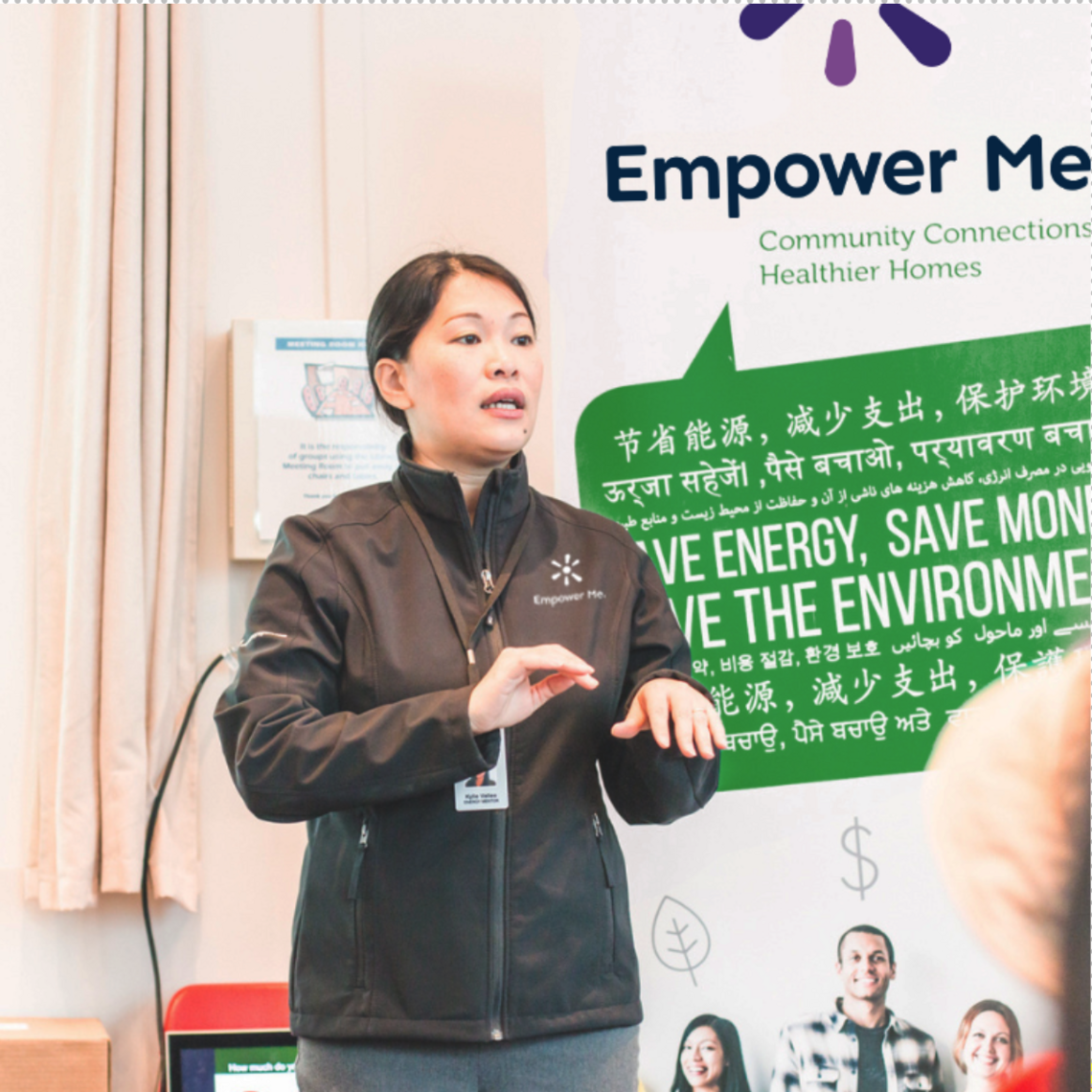
Empowering and Including Lower-Income Households in the Benefits of Climate Programming
This project aims to increase climate focused awareness and action in Calgary's lower-income communities facing energy poverty. Energy poverty occurs when households are unable to afford adequate heating or cooling for their homes. Culturally appropriate education is offered through 20 workshops and will provide 200-250 households support on topics such as how to read utility bills, energy consumption in homes, and low- to no-cost methods of reducing bills. Importantly, these workshops serve as a crucial component of Create Climate Equity’s wraparound services for participants, easing their access to the Home Upgrades Program in Calgary. The Home Upgrades Program is Alberta’s first holistic upgrades program specifically designed using an equity lens to address energy poverty through no-cost deep energy upgrades for participants. Create Climate Equity’s fulsome approach ensures that households not only receive education and awareness, but also have a clear pathway to participate in the Home Upgrades Program.
- Dr. Jennifer Winter, PhD, associate professor in the Department of Economics and School of Public Policy
- Dr. Erica Myers, PhD, associate professor of Economics
- Yasmin Abraham, director of Create Climate Equity.
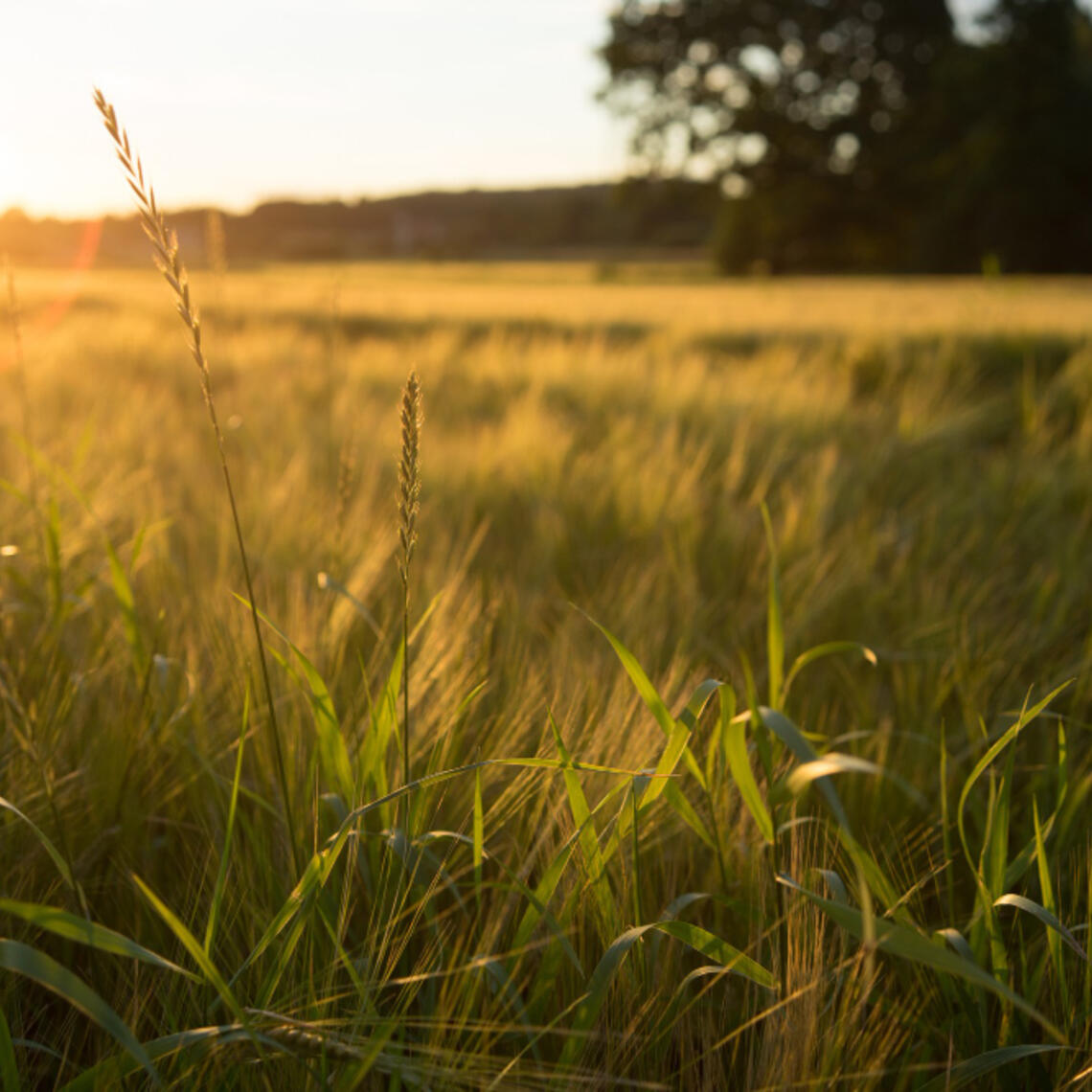
Regenerative Agriculture Lab – Phase 3
This project supports the Rural Routes to Climate Solutions social innovation lab that is building supportive infrastructure necessary to accelerate adoption rates of regenerative agriculture in Alberta to advance climate action, support regenerative-practice uptake, and build long-term resilience in and for Alberta communities. The Regenerative Agriculture Lab (RAL) is a community-based collaborative platform allowing actors both up and downstream in the food/agriculture value chain to incubate, test, and explore ideas, policies and programs that support the transition to a more regenerative agriculture sector and food system. As RAL moves into Phase 3 of this multi-year project, its team will work with a UCalgary research student to engage RAL participants in co-creating a research project focused on exploring and understanding the business case for regenerative agriculture, with a view to spotlighting the economic outcomes of this system.
- Houston Peschl, associate professor, Haskayne School of Business, Entrepreneurship Innovation and Sustainable Development
- Derek Leahy, director and podcast Host, Rural Routes to Climate Solutions
- Shelley Seed, project manager, Rural Routes to Climate Solutions.
Non-research projects
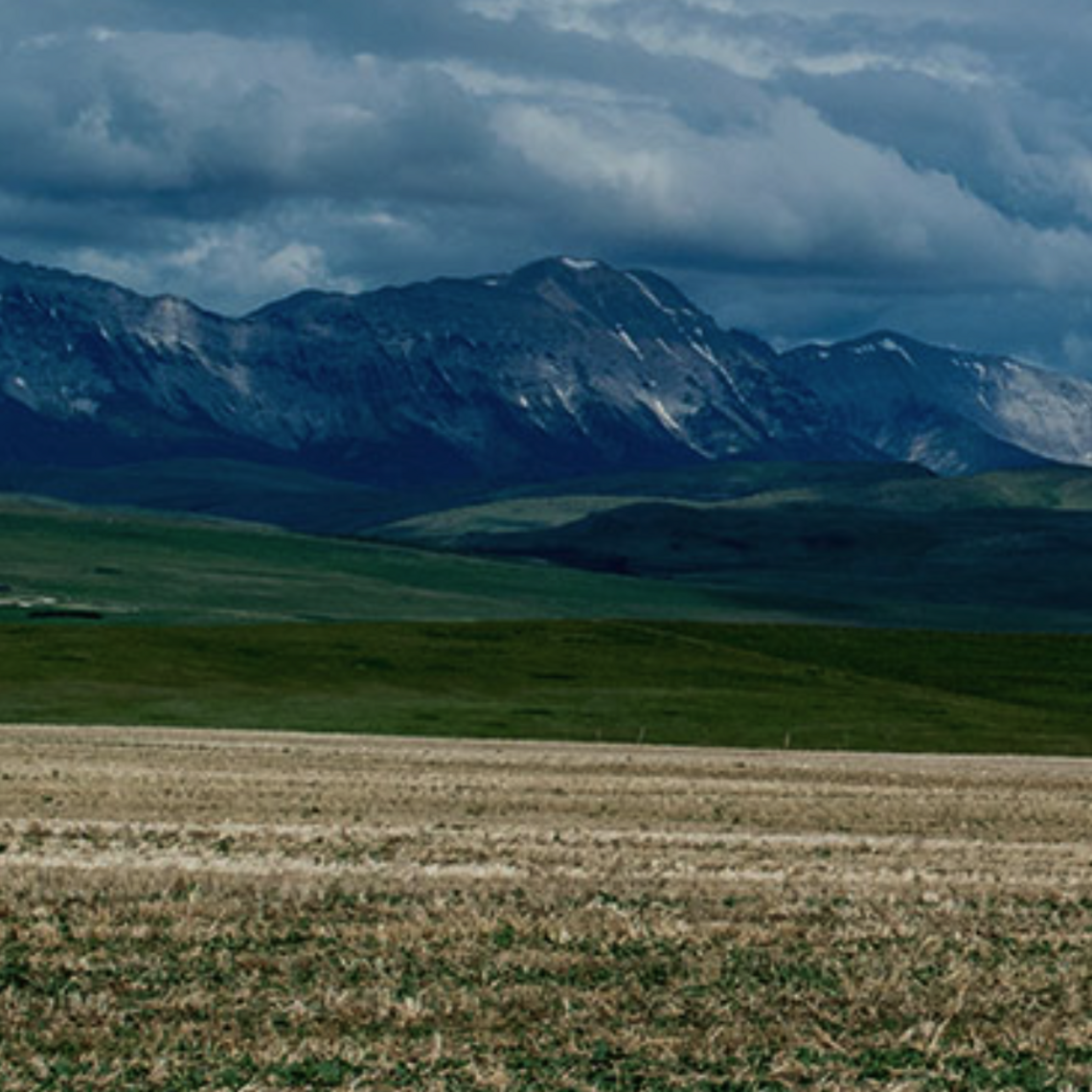
Building a monitoring program inspired by the traditional Piikani winter court
- Dr. Steven M. Vamosi, PhD, professor and scientific director of Biological Sciences, UCalgary
- Laura Lynes, president, The Resilience Institute;
- The Piikani First Nation
Activating creative green tools at the School of Creative and Performing Arts
This project will train students, faculty and staff at UCalgary’s School for Creative and Performing Arts (SCPA), as well as community members in the performance sector on how to use established green tools to reduce the carbon emissions of the performing arts sector in southern Alberta and create new pathways forward to be a regenerative industry that implements sustainable productions.
- Christine Brubaker, associate professor of drama; Dr. Bruce Barton, PhD, SCPA director
- Dr. Melanie Kloetzel, PhD, professor of dance
- Ian Garrett, associate professor of Ecological Design for Performance at York University in Toronto and co-founder and director of the Centre for Sustainable Practice in the Arts.
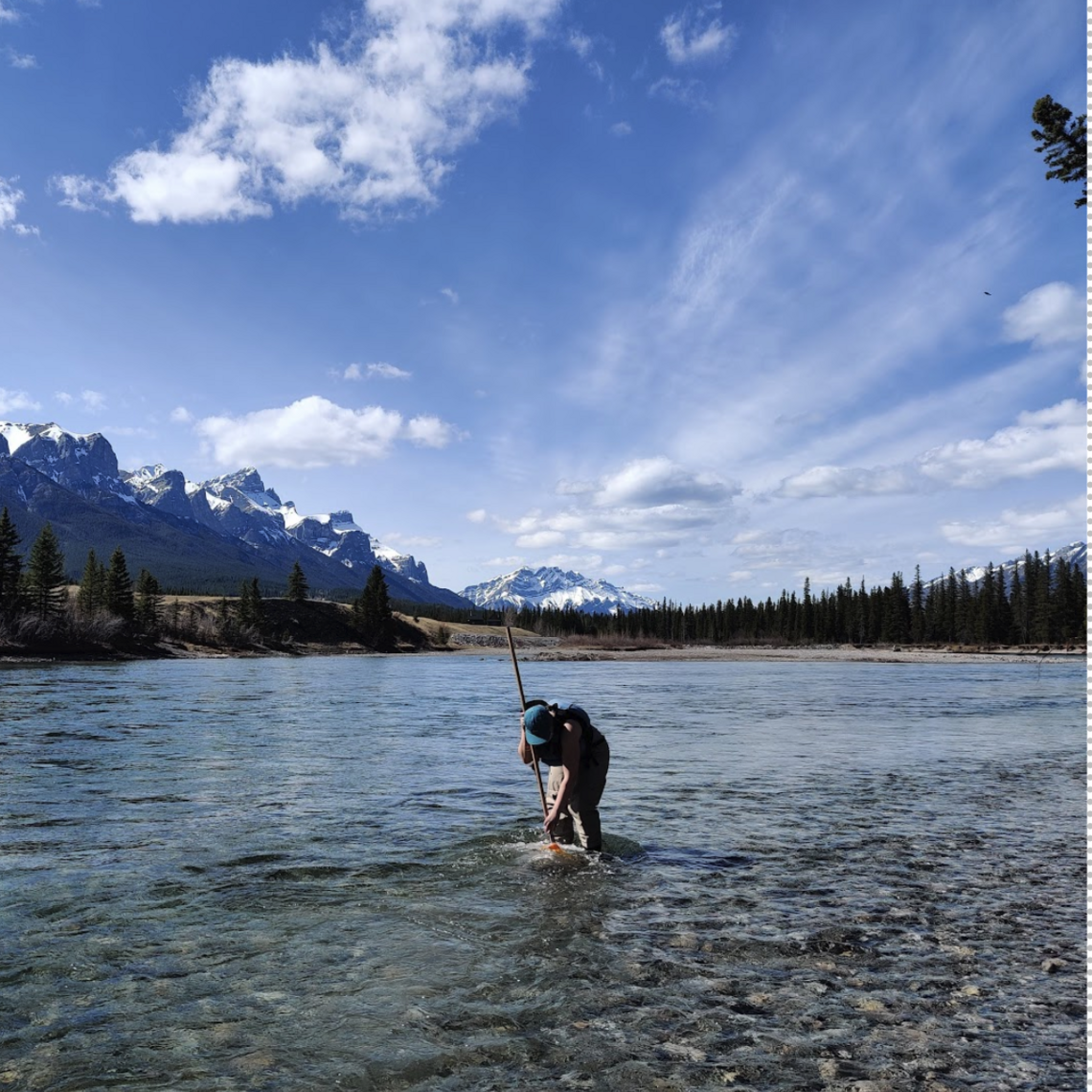
Traditional Knowledge and Community Science Tools for Tracking Climate Change in Aquatic Ecosystems
This project will increase participants’ understanding of how watersheds and water quality are impacted by and respond to climate change and increase support for community-based water initiatives that address climate change. As part of UCalgary's Bow River Ecosystem Health Assessment and accredited aquatic monitoring training program, this project will train, assist and support students, water-stewardship and Indigenous communities in sampling aquatic ecosystems to identify how they are impacted by climate change. Participants will be trained and certified in the CABIN aquatic monitoring technique. To provide a more holistic understanding of the Bow River Basin and the impacts of climate change, the project team will create collaborative ethical learning spaces with local Indigenous communities to offer students and Indigenous communities land-based experiential learning opportunities focused on aquatic health, the impacts of climate change and community-based climate solutions.
- Dr. Kerry Black, PhD, assistant professor, Civil Engineering
- Dr. David Barrett, PhD, research associate, Biological Sciences
- Gwen Janz, biomonitoring program manager, Living Lakes Canada.
The Chickadee Challenge: Community-Designed Climate Action Inspired by Nature
This biomimicry challenge is a collaborative, community-based design challenge that communities and K-12 schools can implement with the guidance of a nature-inspired design tool kit created by UCalgary students and the project team. The open access tool kit will include guides and collaborative activities that will introduce southern Alberta’s species through diverse perspectives; teach what we can learn from these species; how we can apply this to sustainable city, material and process design; and share how participants can apply these learnings in their schools and neighbourhoods to advance climate action and sustainability. The black-capped chickadee is Calgary’s official bird and one of many species that thrive in southern Alberta. Chickadees and other local organisms can serve as models for how we can live more sustainably and design our cities to reverse climate change.
- Dr. Marjan Eggermont, PhD, professor, Department of Mechanical and Manufacturing Engineering
- Dr. Mindi Summers, PhD, associate professor, Department of Biological Sciences
- Dr. Kerry Black, PhD, assistant professor, Department of Civil Engineering
- Celia Lee, executive director, Sustainable Calgary.
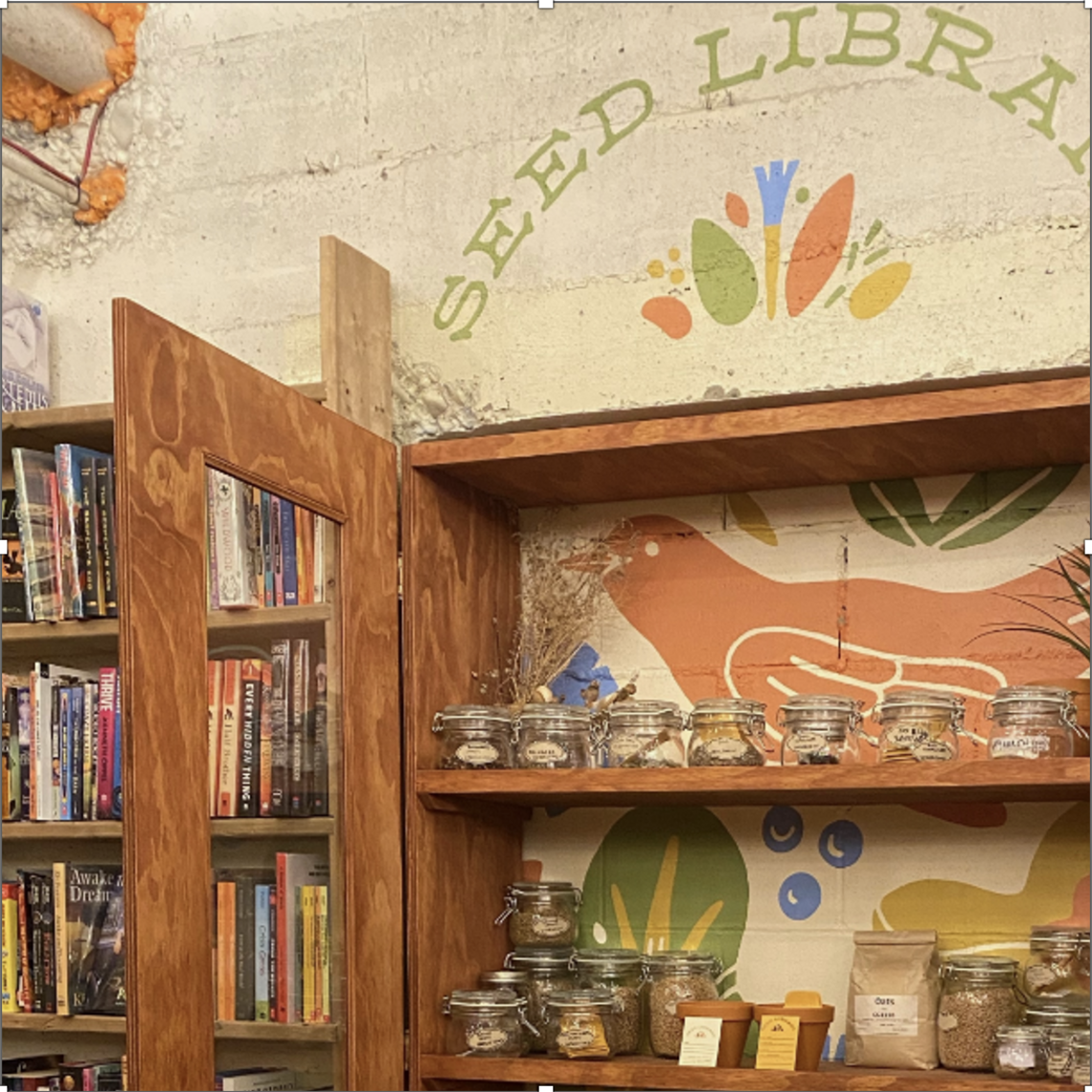
Calgary Seed Library (CSL): Seed Sovereignty and Climate Action Capacity Building Project
- Joe Kadi, associate professor of Gender and Sexuality Studies, Department of Philosophy;
- Shelby Montgomery, founder, Calgary Seed Library

